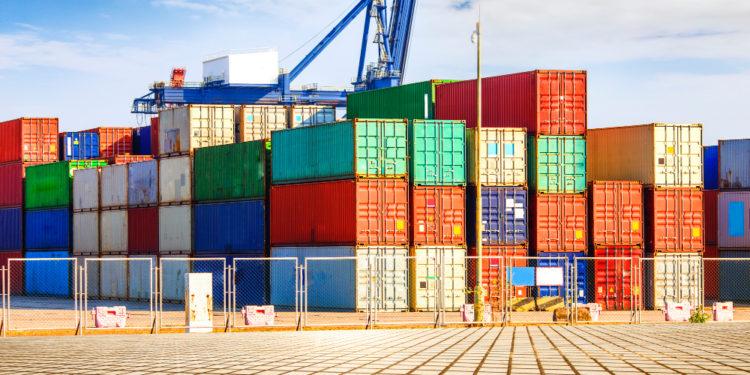South Korea’s trade deficit reached $4.3 billion in the first 20 days of May. According to Korea Customs Service, a tax organization run by the Ministry of Economy and Finance, South Korea’s exports declined by 16.1 percent year-on-year in May.
The export of core products such as semiconductors, transmission equipment, and instruments have declined by 35.5 percent. South Korea has been experiencing a negative trade balance for the past eight months. However, some industries are performing well, such as passenger cars whose exports have increased by 54.7 percent.
The weak housing and real estate markets have led to the trade deficit. It has impacted businesses across the country and caused a decline in profits. This deficit underscores the need for South Korea to diversify its investment as well as export base. It demands nurturing of new growth engines, and reducing excessive imports.
South Korea records first-ever trade deficit in secondary batteries
As per the data shared by Korea International Trade Association (KITA), secondary batteries recorded their first-ever deficit this year since 2012. Secondary batteries are batteries that can be recharged through an electric current.
The export value of secondary batteries such as lithium-ion batteries reached $2.5 billion from January to April 2023. Whereas, the import value reached $2.98 billion, resulting in a trade deficit of $480 million.
Korean battery manufacturers are expanding their presence overseas as the demand for electric vehicle (EV) batteries is rising. Thus, the slowdown in the exports of batteries made in South Korea is becoming predominant.
In April, the South Korean government and battery makers announced a $15 billion investment in advanced battery technologies, aiming to boost exports of battery-related products. The Korean government has estimated that this investment will help local battery makers in building more production plants, and facilitate innovation and development.
The new advanced batteries will be better than traditional lithium-ion batteries. New advanced batteries will have a higher energy density, shelf life and safety.
The $15 billion investment will also help South Korea to expand its battery production capacity and speed up the commercialization of solid-state batteries, surpassing competitors.
South Korea’s Finance Minister, Choo Kyung-ho, anticipates that the trade balance will improve after May. As per the minister, there will be a swift recovery in tax revenue expected in the coming months.
Between January and March 2023, South Korea’s tax revenue fell to $18.1 billion compared to the previous year, reflecting the challenges faced by the real estate and housing sector in making a comeback.







